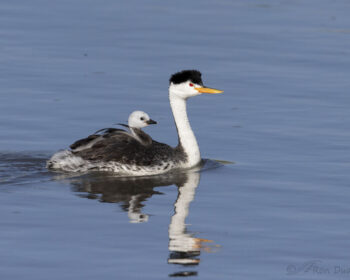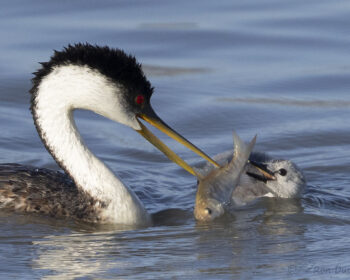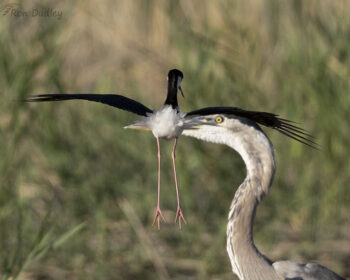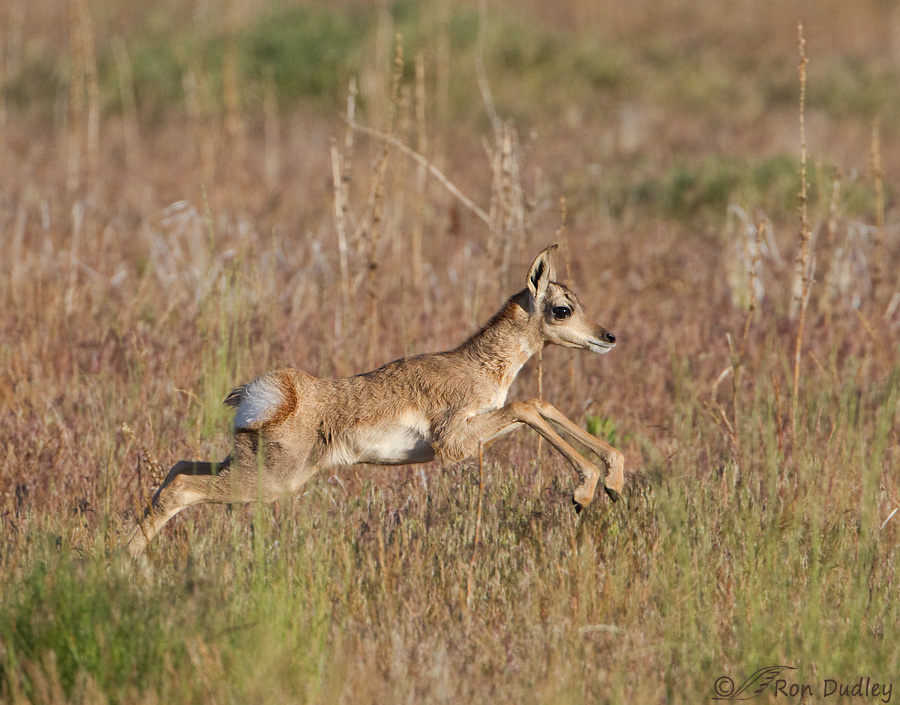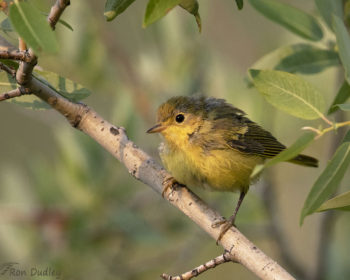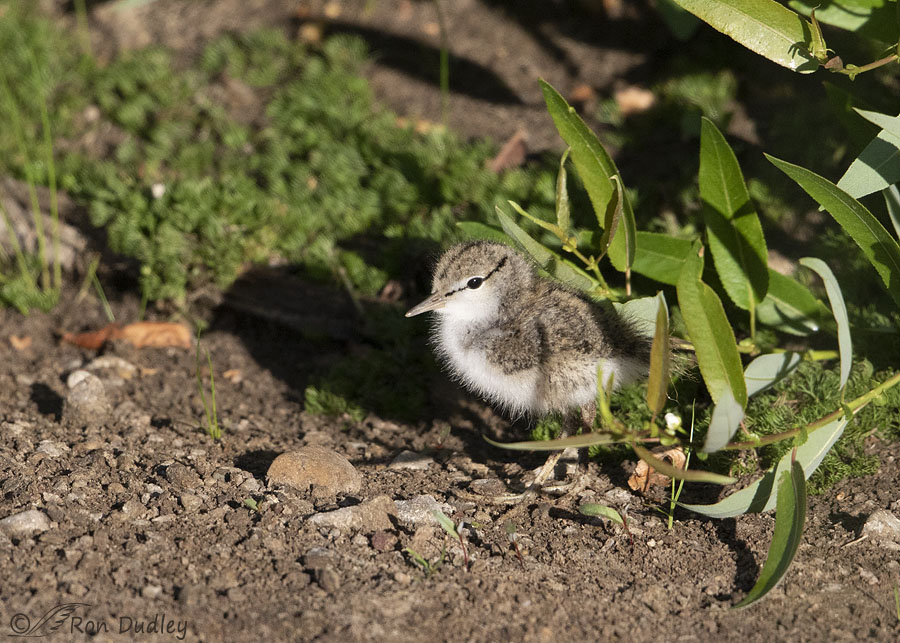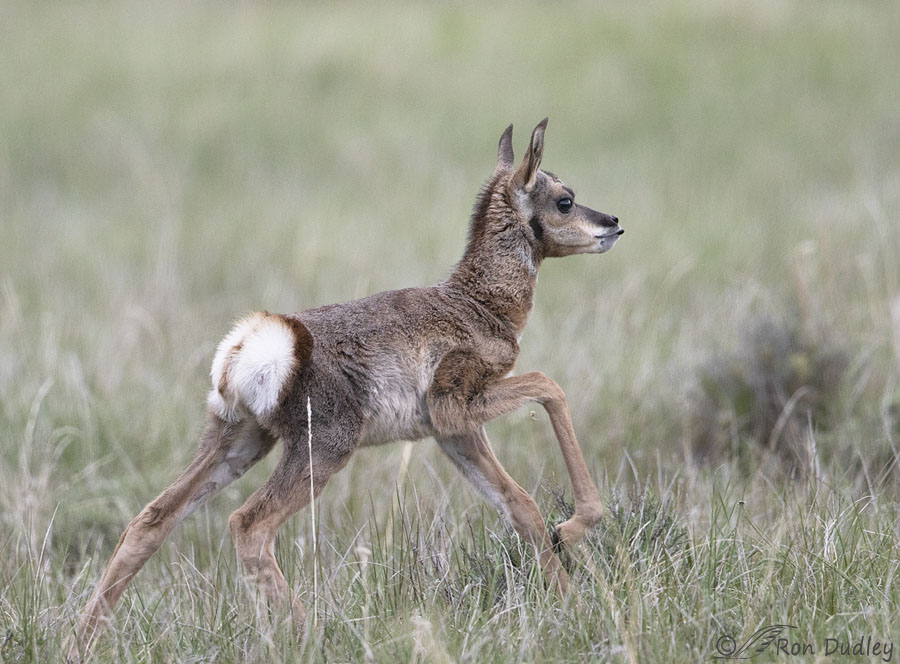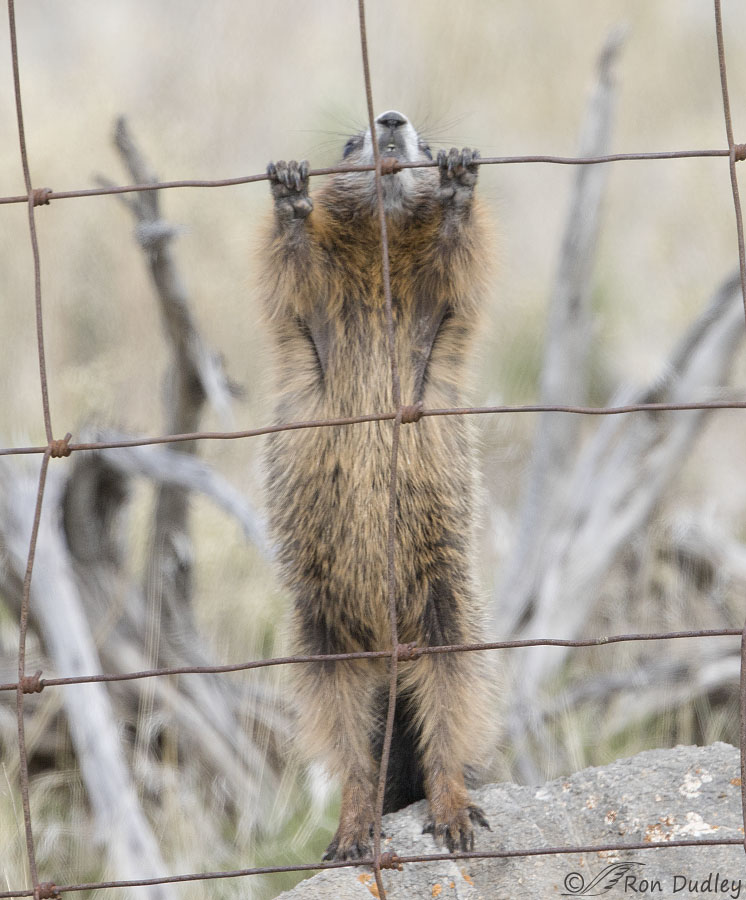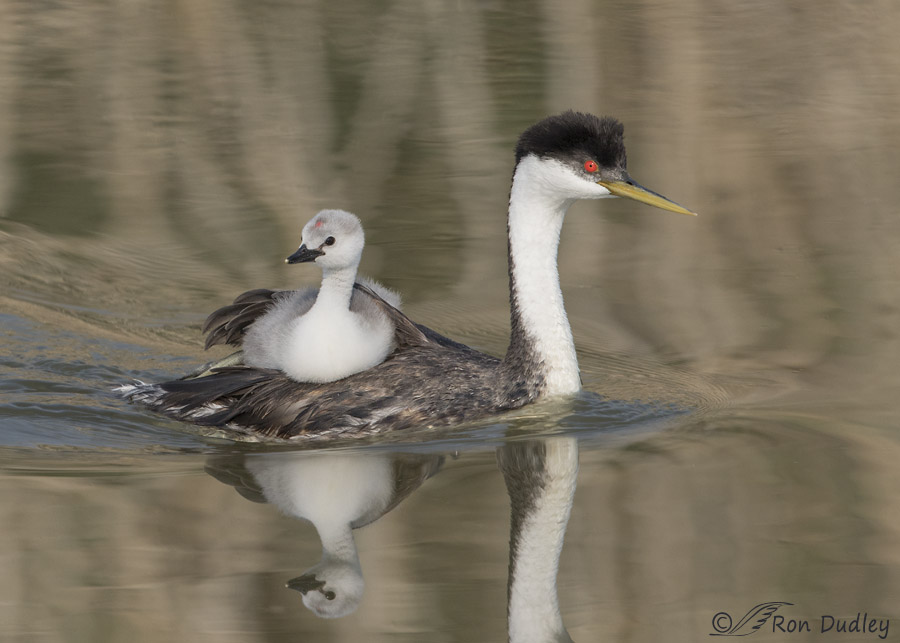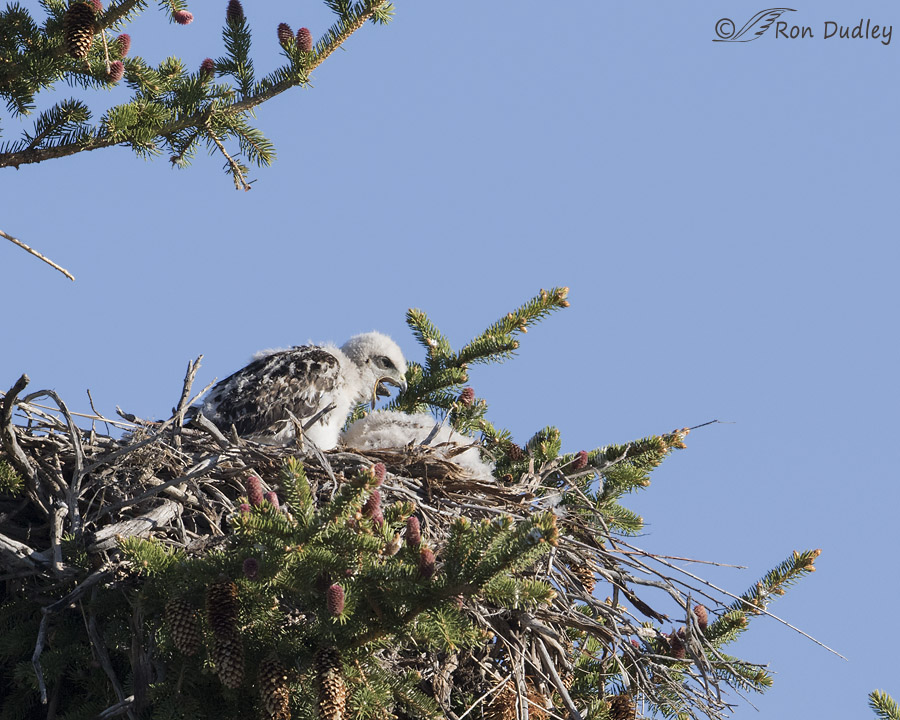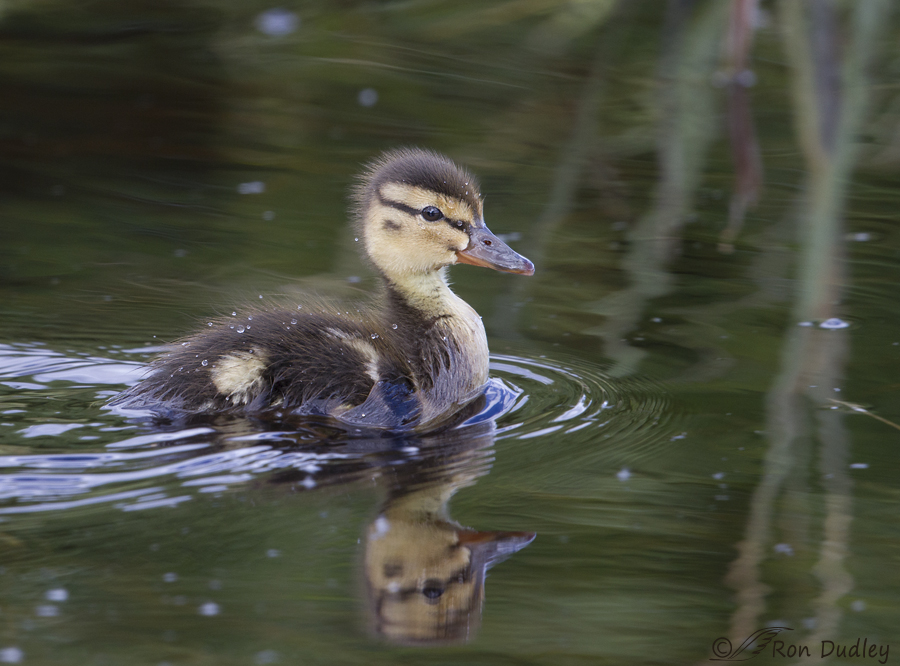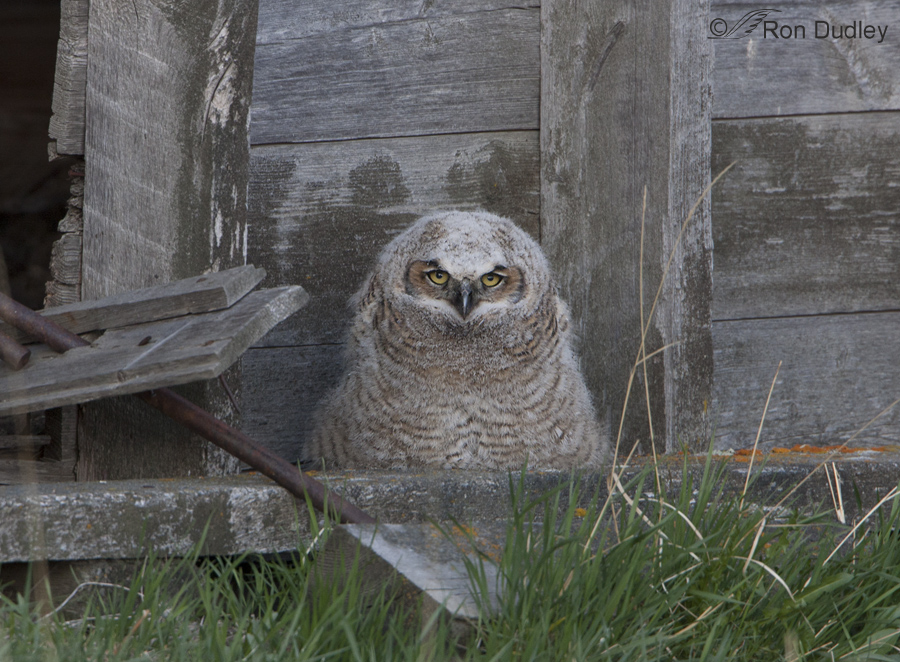Tag: baby
Western Grebes Having Difficulty Handling Slippery Fish – Part 2
Black-necked Stilt Attacking A Great Blue Heron
What Happened To Most Of The Pronghorn On Antelope Island?
A Couple Of Babies From Yesterday Morning
Spotted Sandpiper Chicks And Behaviors
A Scary Encounter With A Very Young Pronghorn
Marmots, Mistakes And Misgivings
Western Grebe And Chick – An Interesting Image For Three Reasons
Red-tailed Hawk Chicks Throw Up Pellets Too
Northern Shoveler Duckling
Great Horned Owl Chicks On The Farm
Killdeer Chick With An Extra Dose Of Personality
Well, yesterday may have been the first day of spring but so far I’m not impressed – it’s been dreary and wet and it’s supposed to be very cold through the weekend. I’ll even have to turn the heat on in my de-winterized camping trailer to keep the plumbing from freezing, Ugh… So I’ve been stuck in the house and was going through some older images when I came across this series of a very young Killdeer chick at Farmington Bay WMA. It was in the grasses near a parking lot and it was just as curious about me and my pickup as I was about it. 1/800, f/8, ISO 400, 500 f/4, 1.4 tc, natural light, not set up or called in I’d taken a few shots of this chick just after the sun came up but it was so buried in the grasses that the images weren’t very good but when I came back to the parking lot 51 minutes later it was in an area where the grasses weren’t quite as thick. At first it just watched me and didn’t do much. One of the parents was nearby but neither bird seemed nervous about my presence in my vehicle. 1/500, f/11, ISO 400, 500 f/4, 1.4 tc, natural light, not set up or called in And soon it walked closer to me to check me out. 1/500, f/11, ISO 400, 500 f/4, 1.4 tc, natural light, not set up or called in Then it decided to do some posing for…
Western Grebe Fish Delivery
Temperatures are finally warming a bit here in northern Utah but the world is outside is still monotonously white. Yesterday morning I measured 22 1/2″ of snow on the north end of Antelope Island, indicating that our bleak and largely featureless landscape will remain the same for the foreseeable future. So this morning I needed a break and decided to post an image (taken this past June at Bear River MBR) that would remind me that spring is somewhere out there on the distant horizon. 1/3200, f/7.1, ISO 640, 500 f/4, 1.4 tc, natural light Western Grebes are devoted parents to their incessantly hungry and noisy chicks. The male and female take turns with their parental duties – one will back brood the youngsters while the other delivers fish and then they alternate responsibilities. Here the female (smaller than the male, with a shorter, thinner bill – thus sexual dimorphism) has caught a small fish and is delivering it to the male. Usually the parent receiving the fish will give it to the chick, as happened here. As I’m sure is obvious, I’m very much looking forward to watching and photographing springtime bird activities once again. It’s going to be a very long 2-3 months… Ron
Western Grebe Chick Reacts To Food
I’ve always enjoyed spending time with Western Grebes but until this past summer I’ve had very little success in photographing parents back-brooding their chicks. In June at Bear River Migratory Bird Refuge my luck with this behavior changed and I was able to get quite a few nice images of the chicks on the backs of the parents over many days. Here, two chicks wait patiently on the back of one of the parents while the other one attempts to catch fish for breakfast. The fishing parent would feed small fish to both chicks and to the brooding parent. The chicks watch attentively for the adult to emerge from the nearby water with something to eat. I was always torn about what to photograph – the parent with the fish or the reactions of the chicks to approaching food. In this case I chose the latter. Here, the chick on the right has just spotted its parent come up out of the water from behind with a small fish and is beginning to react. Usually, both chicks were hungry and competed for the food but this time the youngster on the left was full and not interested in anything to eat. But the chick on the right didn’t know that and went into full competetive begging mode. I always enjoyed watching these reactions to food. Ron


